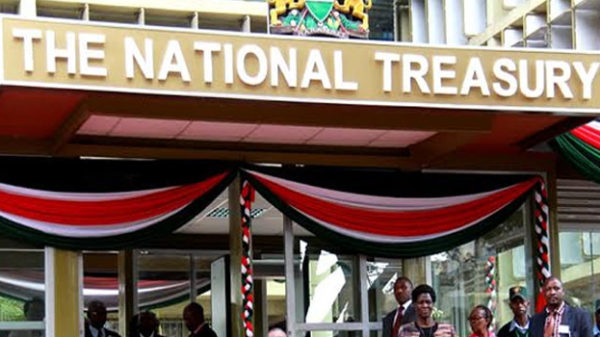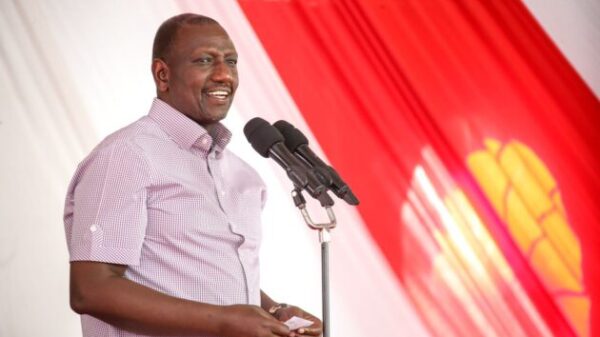
The Bank’s Chief Economist for Africa, Razia Khan, says Kenya needs to implement quick and radical reforms to reduce the size of the budget deficit/FILE
NAIROBI, Kenya, Jan 24 – Economists at Standard Chartered have projected Kenya’s GDP to grow by 4.6 percent in 2018, the most conservative estimate so far.
Standard Chartered Chief Economist for Africa and the Middle East, Razia Khan, says the recovery of the economy after the slump of 2017 will not be as fast due to a slowing down of public sector spending.
“From the first half of 2017, you have a high base driven by infrastructure, public investment, which is not necessarily going to be replicated in continued growth momentum going forward,” says Khan.
The growth areas will come from tourism, a revamped agricultural sector, and a new push to revive the manufacturing sector.
“Direct flights from Nairobi to the US are also something to look forward to,” says Khan, adding, however, that Kenya needs to do more to give impetus to the private sector.
Khan says Kenya needs to implement quick and radical reforms to reduce the size of the budget deficit and revising the interest rate capping to accelerate growth in the private sector.
“The other issue is the uncertainty around the interest rate legislation. Is there political will to look at how this law has had an inadvertent effect on the economy?” Khan asks.
She says the interest rate capping has led to risk aversion and the tightening of lending standards.
“Whenever you try to control the pricing of something it is the quantity that is available that will adjust. In Nigeria, if you try to cap the fuel price, you are going to get the quantity adjusted. In Kenya, if you cap interest rates, the amount of lending will adjust,” says Khan.
The cap rate, she adds, comes amidst the government’s appetite for credit, crowding out the private sector and complicating CBK’s monetary policy role.

































